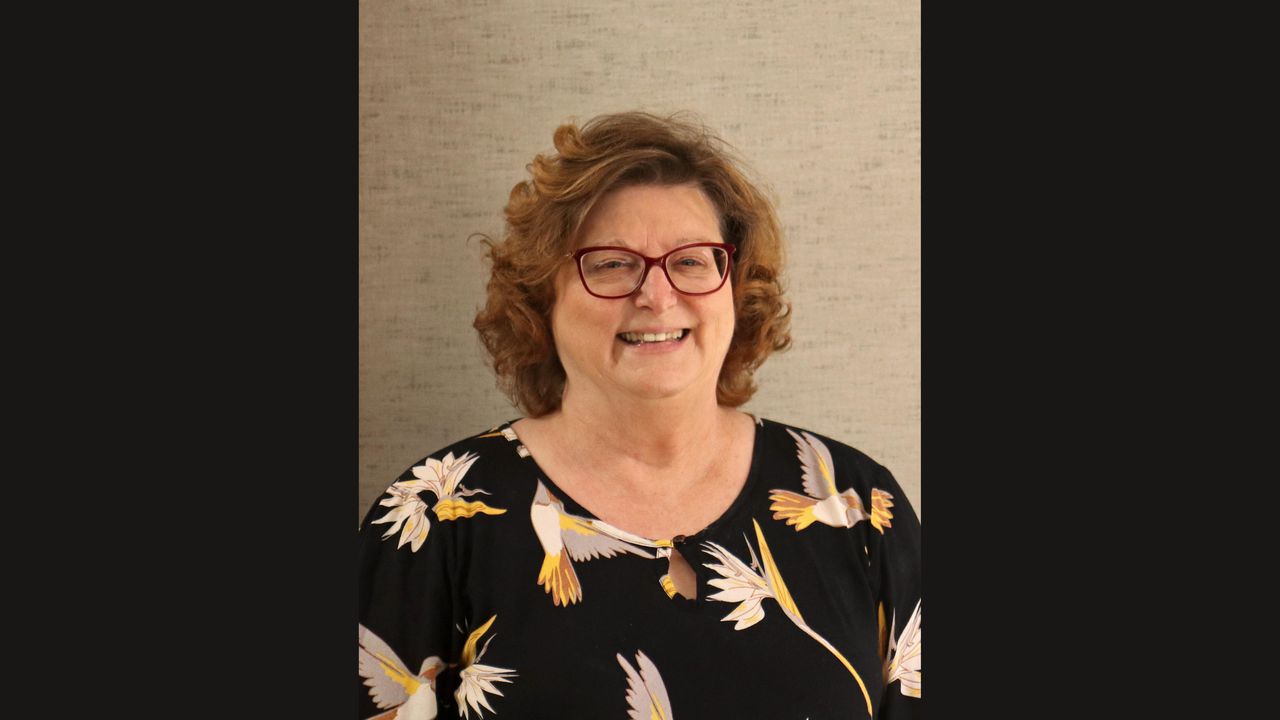Librarian feels Alabamians âbetrayedâ by call to leave national group
Alabama Public Library Service (APLS) executive director Nancy Pack said in a memo they should “discontinue our institutional membership to the American Library Association (ALA).”
In the Oct. 12 memo to the board of trustees, Pack also suggested APLS “strongly consider discontinuing the application of the ALA’s Library Bill of Rights as our guiding principle, and place a much greater emphasis on addressing community needs.” The Library Bill of Rights includes “a person’s right to use a library should not be denied or abridged because of origin, age, background, or views.”
AL.com obtained the letter from Read Freely Alabama, an organization supporting library advocacy. The two-page letter was confirmed as authentic and was also sent to Gov. Kay Ivey, Nancy Pack said in a phone interview Saturday.
(You can read Pack’s letter at the end of this article.)
The APLS board will have the final say on this decision, according to Pack. In Saturday’s interview, Pack said Gov. Ivey was comfortable staying within the ALA. Still, Republican legislators in the Alabama State House pushed for the recommendation.
“I think we’re going to do it just to get our state aid, but I don’t know,” Pack said in the interview. In a series of communications between Pack and Ivey over the last couple of months, Ivey mandated that state funding to APLS should be contingent on whether libraries had plans in place to keep inappropriate content from children.
Matthew Layne, president of the Alabama Library Association, an ALA chapter, said in an email that by disaffiliating from the ALA, the APLS “will lose access to a professional organization with over 50,000 members of professional librarians and library workers from around the world. They will lose access to workshops and training from brilliant librarian leaders, thinkers, and the important collegiality that one experiences in such organizations.”
Pack said in the memo “limiting a child’s access to potentially harmful content or relocating controversial reading materials should not be misconstrued as censorship in any form. APLS recommends that libraries exercise their best judgment when it comes to shelving sexually explicit or otherwise inappropriate materials, regardless of the intended age group, to support a parent’s right to protect their children.”
Pack recommends libraries “assess the situation” then “strategically determine the placement” of books and, “if feasible, create a physical separation of materials within the library.” Pack added decisions about “what constitutes inappropriate materials should be made at the local level, taking into account input from your library board and the needs and values of your community.”
In response to Pack’s recommendations, librarian Marylyn Eubank said in a letter sent to the Alabama Library Association, a chapter of the ALA, “it is hard to compose a professional response to fear-based, unfounded, reactionary actions. One shakes with anger and the righteous indignation born from years of professional study and development. But shaking with anger doesn’t make the situation better for the millions of Alabama residents (mostly children) who have been betrayed by the very professionals meant to protect their rights.”
Eubank said “inappropriate” books by Black authors were segregated from books by white authors until the 1960s, and today, “funding for libraries is being held hostage by the governor and the state legislature.”
“Pack is simply providing the state what it wants – censorship in exchange for funding,” Eubank said.
Layne said they will continue to partner with the APLS. This decision affects APLS but doesn’t affect individual librarians who pay out of their own pockets to become members of ALA. Individuals or libraries can pay dues and still be a part of the ALA. Libraries who pay for their employees to be part of the ALA will adjust accordingly.
“If APLS adopts the proposed rule change, then library board meetings will be the venue in which those funds are appropriated,” Layne said. “Traditionally, library boards grant discretion to library directors as to how membership dues are disbursed.”
Layne believes this recommendation by Pack is the “very definition of censorship.” He “vehemently disagrees that books which are representative of marginalized populations are potentially harmful and worthy of limiting access to and/or relocating to different sections of our great Alabama public libraries.”
“We as Alabamians should in no way capitulate to a vocal minority of individuals who wish to control what our citizens choose to read for themselves and for their families,” Layne said. “Now is the time for all good citizens to write to their Alabama legislators, their city councilors, and Gov. Ivey to let them know the freedom to read is a right worth defending in Alabama.”
The next APLS board meeting is at 10 a.m. on Nov. 16 at the APLS office at 6030 Monticello Drive in Montgomery. Pack said in an interview earlier this week there are 15 attendees signed up to talk about book challenges and the pros and cons of the American Library Association.
